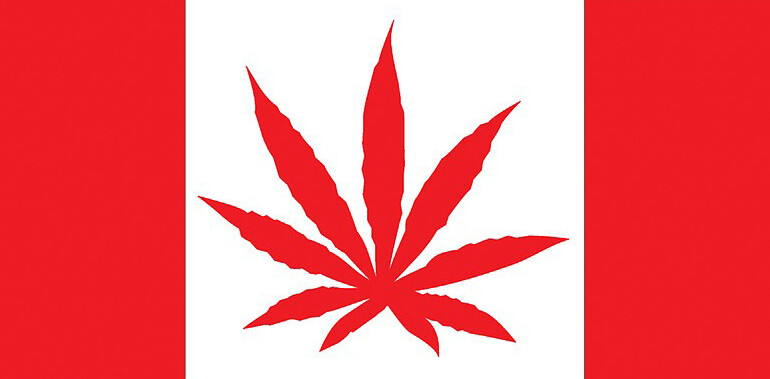
It appears as if the United States still isn’t happy with Canada’s stance on copyright. Ars Technica reports that Canada has once again appeared on a “priority watch list” that points out how concerned the US is with its neighbour’s current copyright laws.
In its annual “Special 301” report that mentions countries with intellectual property policies that don’t meet American standards, Canada once again joins China, Russia, and India as members of a list that the US is particularly concerned with.
Canada’s standing is a result of copyright reforms that have yet to occur, although with the results of the 2011 federal election giving the Conservatives a majority government, this is likely something that is going to change. An appearance on this list once again, coupled with the recent cables that illustrated American lobbying groups pressuring Canada to make some changes to their copyright laws may impact how quickly the government moves to put reforms in place.
The report essentially states what Canada hasn’t done and what it needs to do to in the eyes of the American government in order to receive a more favourable grade:
The United States encourages Canada to make the enactment of copyright legislation that addresses the challenges of piracy over the Internet, including by fully implementing the WIPO Internet Treaties, a priority for its new government. The United States encourages Canada to provide for deterrent-level sentences to be imposed for IPR violations, as well as to strengthen enforcement efforts, including at the border. Canada should provide its Customs officials with ex officio authority to effectively stop the transit of counterfeit and pirated products through its territory.
If Canada really wants to impress the US, it can participate in a newly announced program this year under which the US Trade Representative “invites any trading partner appearing on the Special 301 Priority Watch List or Watch List to negotiate a mutually agreed action plan designed to lead to that trading partner’s removal from the relevant list.” The US has such a vested interest in seeing the world adopt stricter laws that it is willing to have US government lawyers help write the laws that will get countries off the Special 301 list. via videoconference.
Get the TNW newsletter
Get the most important tech news in your inbox each week.




